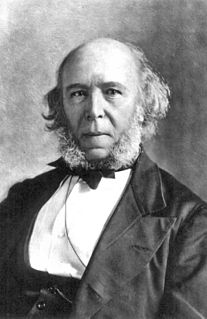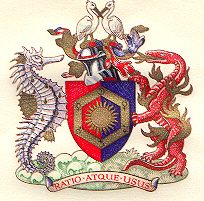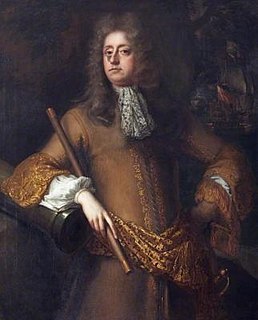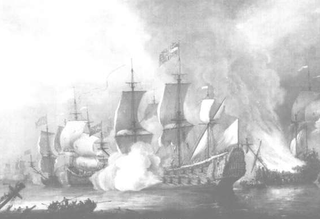
Franklin Patrick Herbert Jr. was an American science fiction writer best known for the novel Dune and its five sequels. Though he became famous for his long novels, he was also a newspaper journalist, photographer, short story writer, book reviewer, ecological consultant and lecturer.

Dune is a 1965 science fiction novel by American author Frank Herbert, originally published as two separate serials in Analog magazine. It tied with Roger Zelazny's This Immortal for the Hugo Award in 1966, and it won the inaugural Nebula Award for Best Novel. It is the first installment of the Dune saga, and in 2003 was cited as the world's best-selling science fiction novel.

The Earldom of Pembroke is a title in the Peerage of England that was first created in the 12th century by King Stephen of England. The title, which is associated with Pembroke, Pembrokeshire in West Wales, has been recreated ten times from its original inception. With each creation beginning with a new first Earl, the original seat of Pembroke Castle is no longer attached to the title.

Herbert Spencer was an English philosopher, biologist, anthropologist, sociologist, and prominent classical liberal political theorist of the Victorian era.

Earl of Carnarvon is a title that has been created three times in British history. The current holder is George Herbert, 8th Earl of Carnarvon. The town and county in Wales to which the title refers are now usually spelled Caernarfon.

James John Herbert, OBE was an English horror writer. A full-time writer, he also designed his own book covers and publicity. His books have sold 54 million copies worldwide, and have been translated into 34 languages, including Chinese and Russian.

Herbert Romulus O'Conor was the 51st Governor of Maryland, serving from 1939 to 1947. He also served in the United States Senate, representing Maryland from 1947 to 1953. He was a Democrat.

The Royal Institute of Chemistry was a British scientific organisation.

The American Mathematical Monthly is a mathematical journal founded by Benjamin Finkel in 1894. It is published ten times each year by Taylor & Francis for the Mathematical Association of America.

Admiral Arthur Herbert, 1st Earl of Torrington was an English admiral and politician. Dismissed by King James II in 1688 for refusing to vote to repeal the Test Act, which prevented Roman Catholics from holding public office, he brought the Invitation to William to the Prince of Orange at The Hague, disguised as a simple sailor. As a reward he was made commander of William's invasion fleet which landed at Torbay in Devon on 5 November 1688 thus initiating the Glorious Revolution.
This is an incomplete list of people who have served as Lord Lieutenant of Somerset. Since 1714, all Lord Lieutenants have also been Custos Rotulorum of Somerset.

Philip Herbert, 4th Earl of Pembroke and 1st Earl of Montgomery, KG was an English courtier, nobleman, and politician active during the reigns of James I and Charles I. Philip and his older brother William were the 'incomparable pair of brethren' to whom the First Folio of Shakespeare's collected works was dedicated in 1623.

William Herbert, 3rd Earl of Pembroke was an English nobleman, politician, and courtier. He was the son of Henry Herbert, 2nd Earl of Pembroke and his third wife Mary Sidney. Chancellor of the University of Oxford, he founded Pembroke College, Oxford with King James I. He was warden of the Forest of Dean, and constable of St Briavels from 1608 to 1630. He served as Lord Chamberlain from 1615 to 1625. In 1623, the First Folio of William Shakespeare's plays was dedicated to him, together with his brother, Philip Herbert, 1st Earl of Montgomery.

Sir Walter William "Wally" Herbert was a British polar explorer, writer and artist. In 1969 he became the first man fully recognized for walking to the North Pole, on the 60th anniversary of Robert Peary's famous, but disputed, expedition. He was described by Sir Ranulph Fiennes as "the greatest polar explorer of our time".

The Battle of Bantry Bay was a naval engagement fought on 11 May 1689, a week before the declaration of the Nine Years' War. The English fleet was commanded by Admiral Arthur Herbert, created Earl of Torrington after the Battle; the French fleet by François Louis de Rousselet, Marquis de Châteaurenault. Apart from the inshore operations at La Rochelle in 1627–28, the Battle of Bantry Bay was the first time English and French navies had met in fleet action since 1545.

The Rats (1974) is a horror novel by British writer James Herbert. This was Herbert's first novel and included graphic depictions of death and mutilation. A film adaptation was made in 1982, called Deadly Eyes. A 1985 adventure game for the Commodore 64 and ZX Spectrum based on the book was published by Hodder & Stoughton Ltd and produced by GXT. The Rats was followed by three sequels, Lair (1979), Domain (1984) and The City (1993).
Sir John Herbert was a Welsh lawyer, diplomat and politician who sat in the House of Commons at various times between 1586 and 1611. He was Secretary of State under Elizabeth I and James I.















